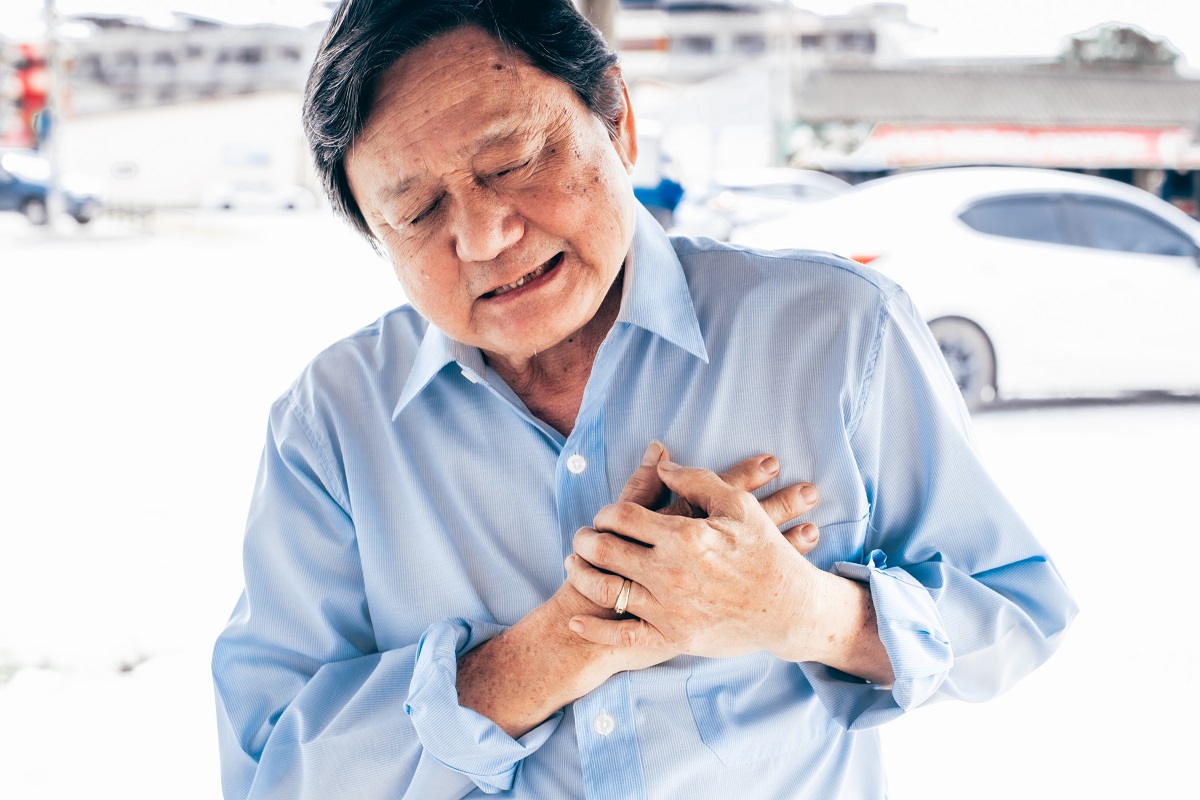Why am I having heart palpitations?
- Too much caffeine
- Stress and anxiety
- Physical activity
- Nicotine
- Alcohol
- Certain diets
- Certain medications
- Hormone imbalance or changes
- Fever
- Low blood sugar
Heart palpitations are feelings of having a pounding heartbeat — it can be worrisome and frightening to experience. If this is something that you’ve experienced, and you’re wondering “why am I having heart palpitations?” you’re in the right place. In this article, we cover the possible causes of heart palpitations, and what you can do to resolve them.
What do heart palpitations feel like?
Heart palpitations often feel like your heart is skipping beats, beating too fast, fluttering, or flip-flopping in your chest. You might feel heart palpitations extend to your throat or neck, aside from your chest. They may happen suddenly and leave you feeling scared — but in most cases, this issue isn’t a sign of a serious health condition.
Knowing what could make your heart race can help you keep a calm head when it happens, and adjust accordingly. It will also help you to know when you should see your doctor.
Here are a few common causes of heart palpitations:
Too much caffeine
Taking some coffee in the morning to wake yourself up is common. But, does your heart start to beat faster after your morning cup? It’s possible that the caffeine in your coffee — which is a stimulant — is the one triggering your heart palpitations. This is a sign that you’re taking in too much caffeine for your body to process.
If you’re worried about caffeine, but still need a pick-me-up in the morning, try Bona Vita’s 8-in-1 Coffee. This organic drink contains mangosteen extract, which is a good source of potassium — a mineral that helps control heart rate and blood pressure. With this coffee, you’re at less risk of heart palpitations, but still, get that caffeine boost you need!
Stress and anxiety
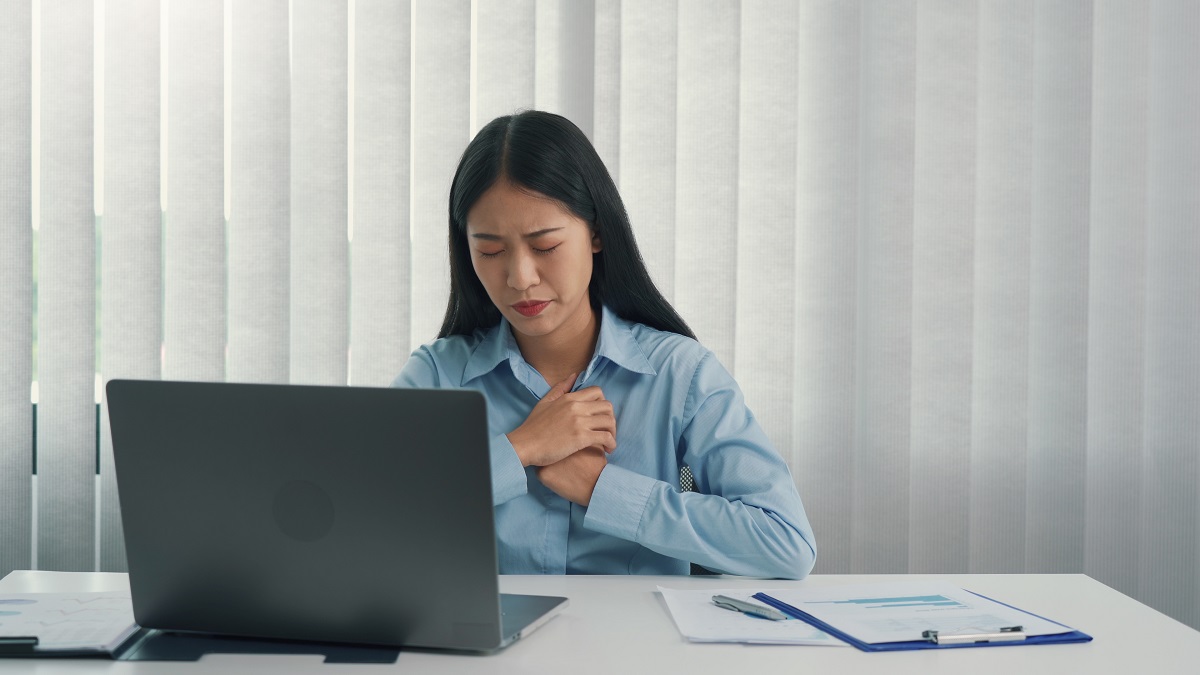
Intense emotions can affect you both physically and mentally — triggering the release of hormones like adrenaline and cortisol. These hormones speed up your heartbeat as your body gets ready to face a threat (even if you’re not in any physical danger).
This is what we call a stress response. You may feel short of breath, sweating, and chills on top of heart palpitations in this situation. The best way to address this is to calm your body down.
You can use deep-breathing exercises, mindfulness techniques, or drink something warm and soothing — like Bona Vita’s 8-in-1 Choco! With added bacopa monnieri extract, this drink induces a sense of calm and can reduce your anxiety.
Physical activity
Getting in some exercise every day is good for your health. However, exercises like a brisk run or cycling will naturally get your heart rate up. This is your heart pumping more blood to empower your muscles with energy and nutrients during your workout.
If your heart feels like it’s pounding while you exercise, it could be because you haven’t had this intense of a workout in a while. It could also be that you’re pushing your body too hard — so be careful to scale your exercise slowly if you’re out of shape.
Nicotine
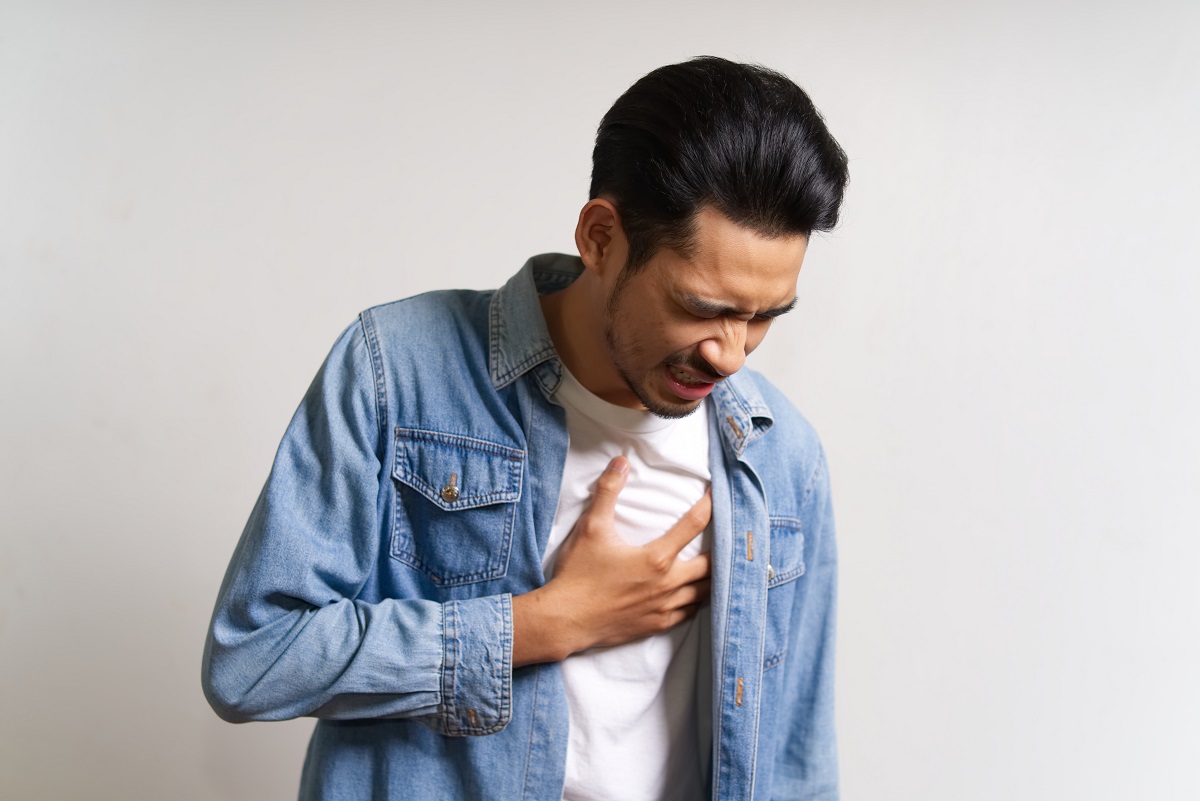
Nicotine is an addictive substance found in cigarettes and other tobacco products. This substance can trigger a chemical reaction in your body and raise your blood pressure, which may make your chest feel tight. The best way to address this cause is to quit smoking — which may be one of the best things to do for your long-term heart health. Take note that a nicotine withdrawal can also make your heart race, as it can take up to four weeks for your body to recover from nicotine.
Alcohol
You may feel your heart beating faster than normal after enjoying a few drinks. Some people even feel this after just one. This is a normal reaction to alcohol, which is a stimulant and can raise your heartbeat. One way to reduce your heart palpitations is to take a break from drinking and sip on some water to sober up. Once the alcohol begins to leave your system, your heart should settle.
Certain diets
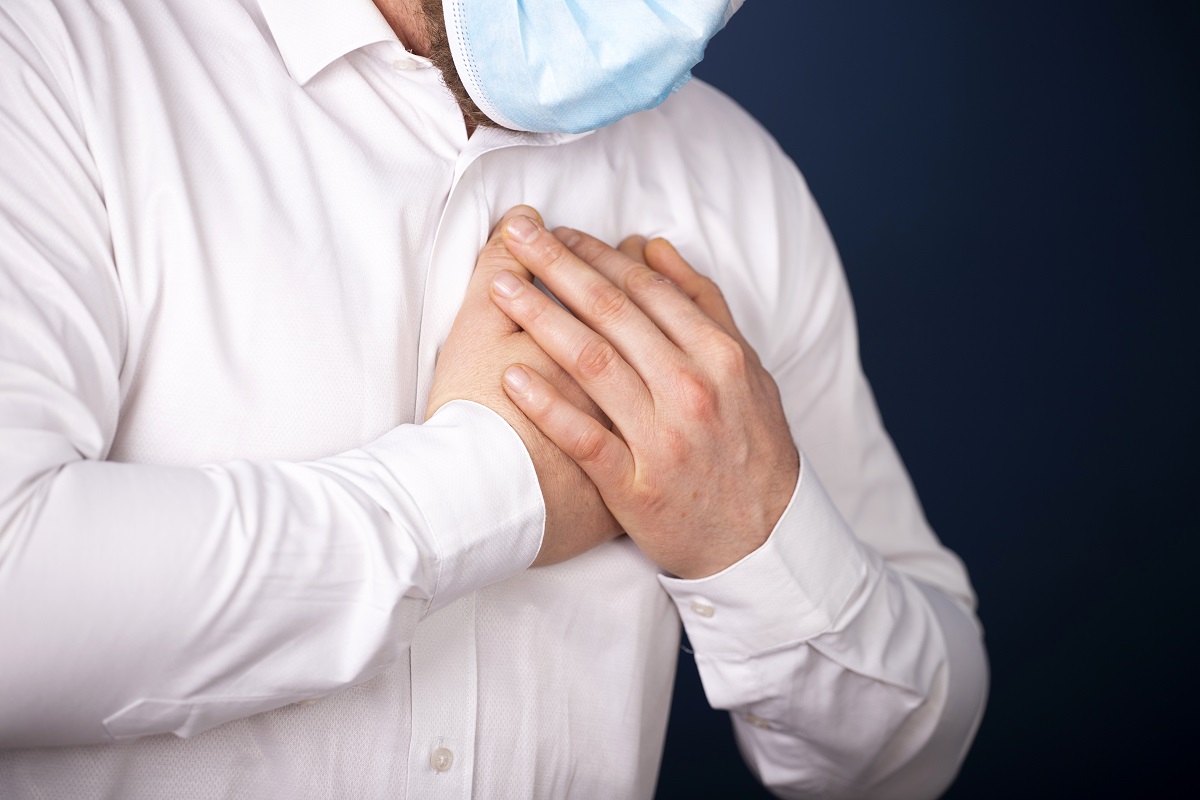
Certain diets can trigger heart palpitations. Some people feel their heart rate goes up after eating heavy, rich meals — which could be because they contain large amounts of carbohydrates, sugar, or fat. Other people who eat lots of foods rich in monosodium glutamate (MSG), nitrates, or sodium tend to have heart palpitations, as well. If you find that your heart rate picks up after eating certain foods, you may need to reduce it in your diet. Keep a food diary to figure out which foods you need to avoid.
Certain medications
Medication can also trigger heart palpitations. These prescription and over-the-counter drugs cite palpitations as a side effect:
- Antibiotics
- Asthma inhalers
- Cough and cold medication
- Diet pills
- Antifungal medication
- Antipsychotic drugs
- Blood pressure medicines
- Thyroid pills
Always consult your doctor if you suspect your medication could be the cause of your heart palpitations.
Hormone imbalance or changes
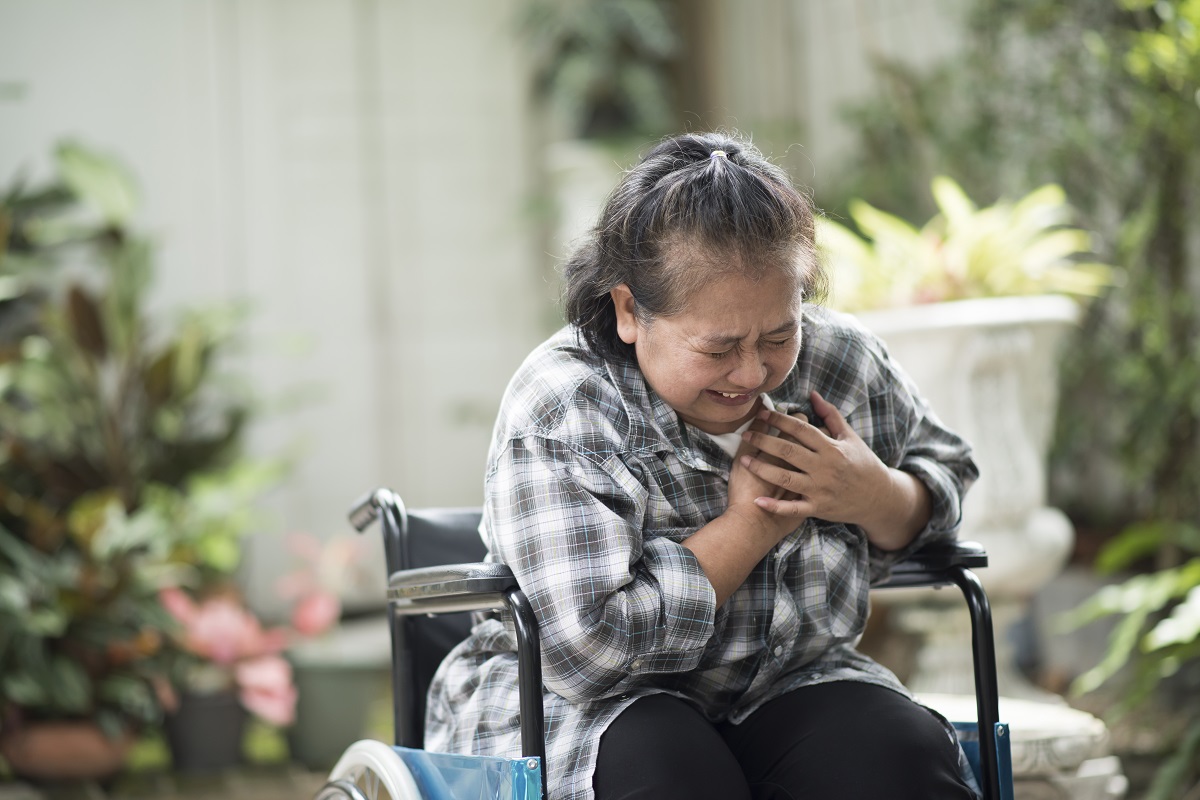
Women, in particular, may experience hormone changes or imbalances that cause heart palpitations. This is common before, during, and after a menstrual period. This can also happen if you are pregnant or experiencing menopause. Hormone fluctuations cause a temporary boost in heart rate. If this is happening to you, there is little reason to worry, and it should resolve itself once your hormones become balanced again.
Fever
When you are sick, your body uses energy more than usual — especially when you have a fever above 38°C. This can cause heart palpitations, which should go away once you recover. So, make sure to take care of your body and help it get over your illness to help your heartbeat go back to normal.
Low blood sugar
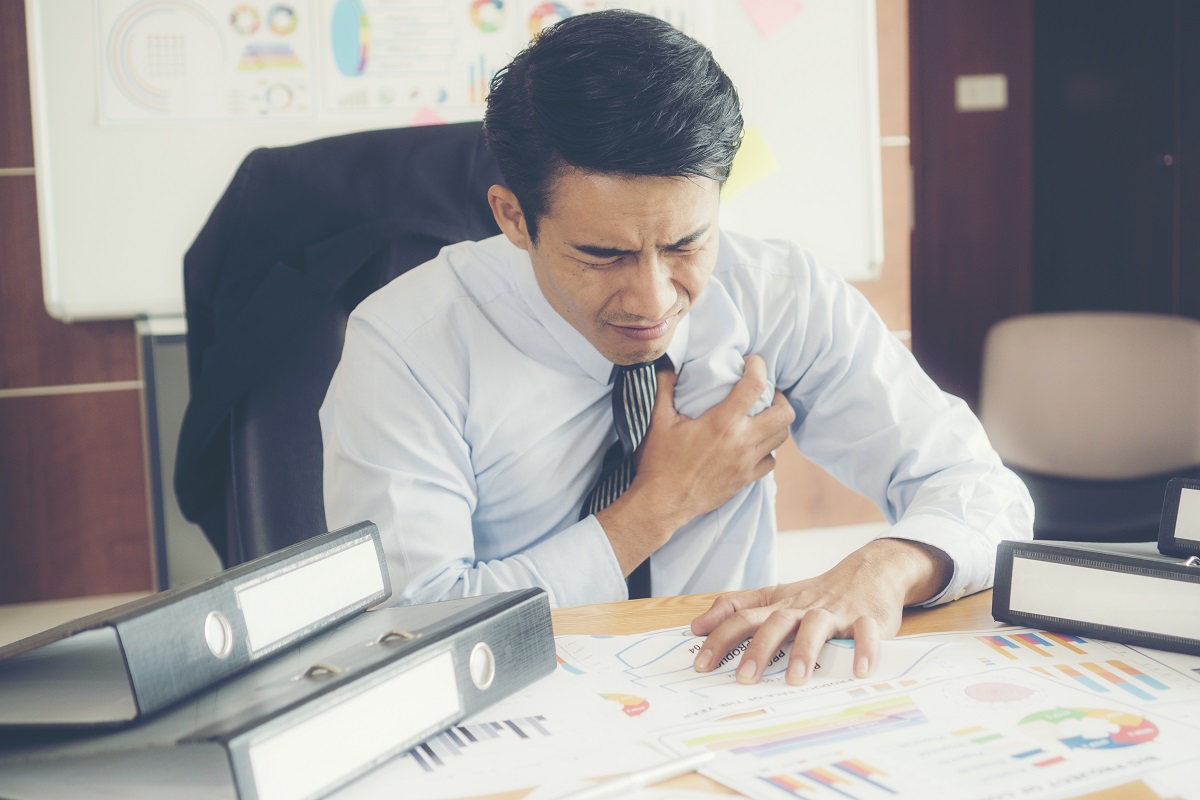
Missing a meal or eating poorly can leave you feeling shaky, weak, and even cranky. But, this can also make your heart flutter and pound in your chest. This could be because your blood sugar levels are running low due to a lack of food. When it drops, your body releases hormones to prepare for an emergency food shortage, which speeds up your heart. In this case, have a snack or two to boost your blood sugar levels, and you’ll start to feel better soon.
Key Takeaway
“Why am I having heart palpitations?” Is something a lot of people ask. Palpitations make you feel like your heart is beating too hard or too fast, which can be scary and bothersome to experience. Oftentimes, they’re caused by common lifestyle choices, such as having too much caffeine or experiencing stress. If it seems to stem from these causes, making small but healthy adjustments to your lifestyle may be all you need to get rid of your heart palpitations.
Author’s Note: This entry was optimized by the best SEO Services Agency in the Philippines – SEO Hacker





